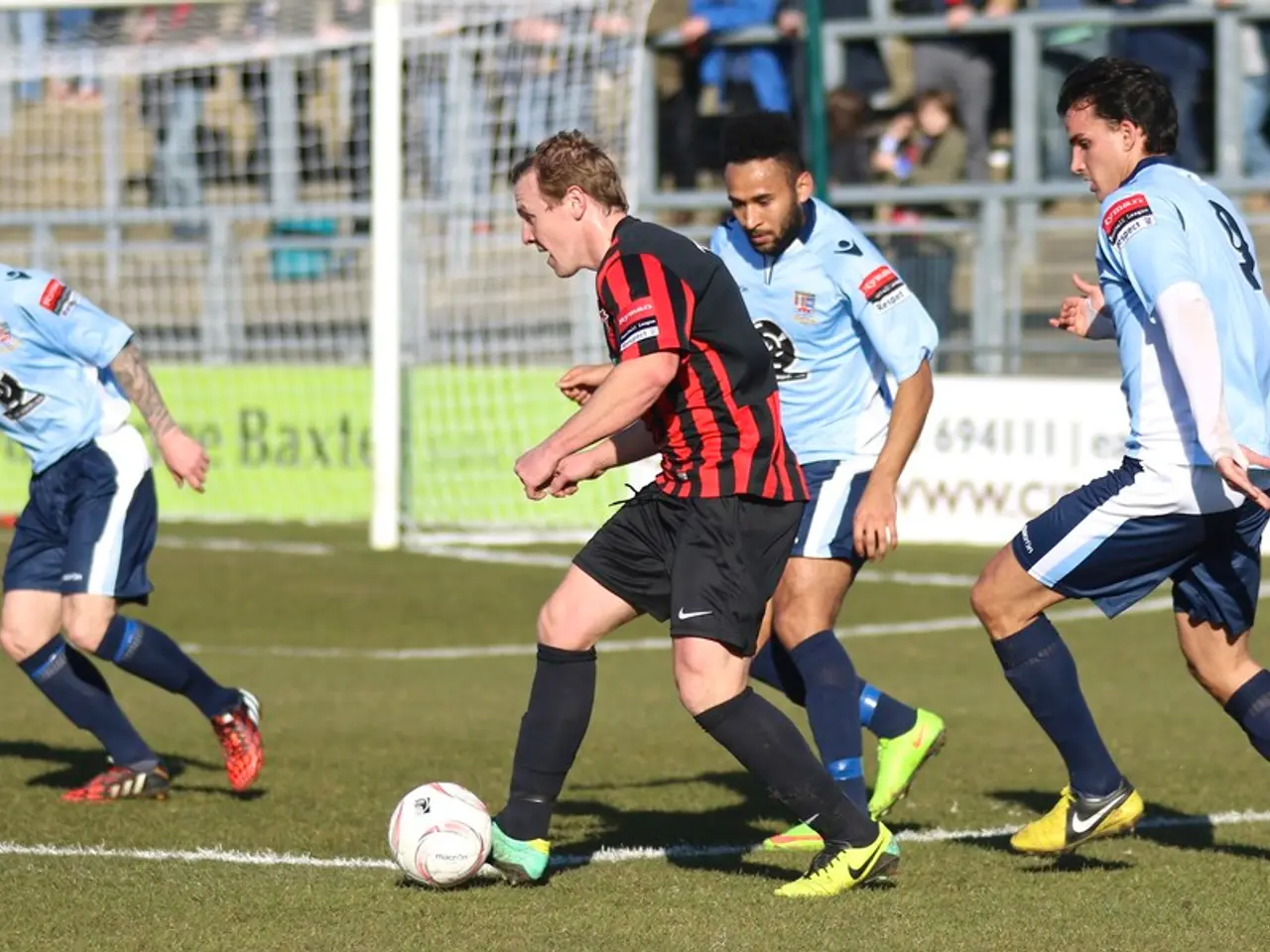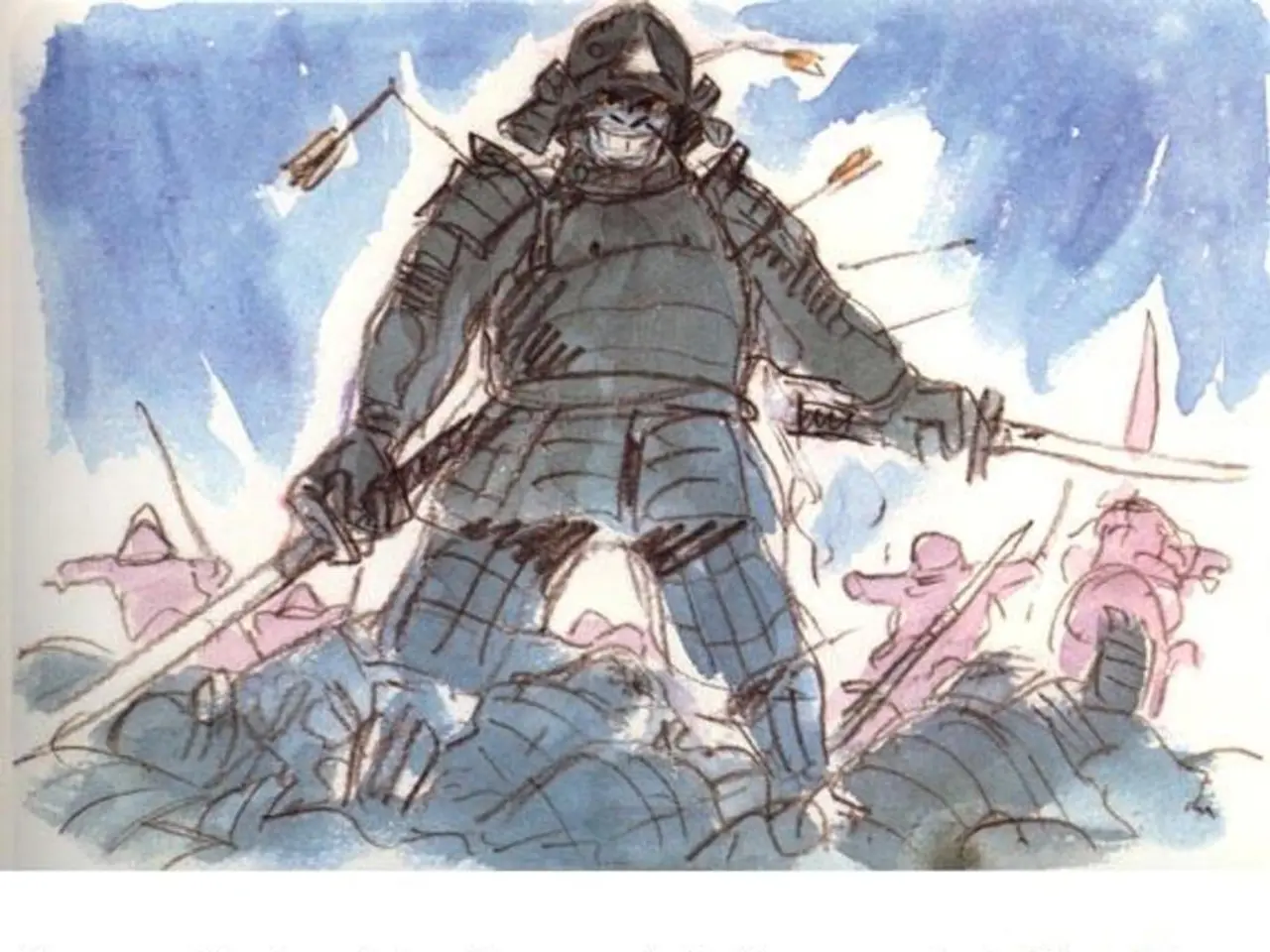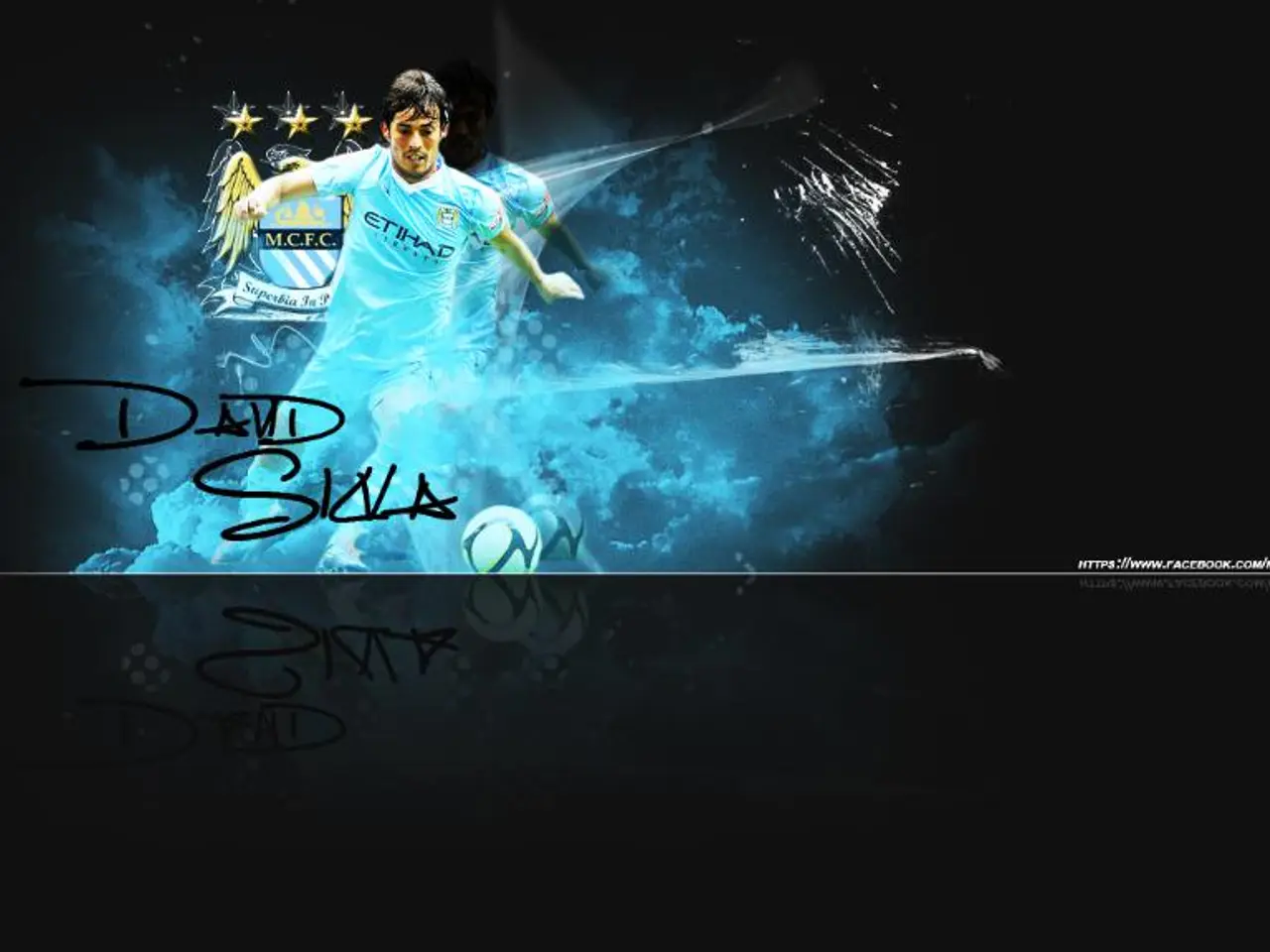League Leadership Under Fire as Eight Teams Voice Criticism - Stuttgart Surge Defies Critics and Prevails
## A Divide in European Football: The European League of Football (ELF) and the European Football Alliance (EFA)
The European League of Football (ELF) and the newly formed European Football Alliance (EFA) are at the heart of a significant shift in European football. The ELF, currently in the midst of an exciting season, is witnessing intense playoff races and competitive matches, with teams like the Munich Ravens and Vienna Vikings battling for top spots [3][5].
In contrast, the EFA, consisting of eight founding members, has emerged as a critical voice, expressing concerns about the growing performance gap between teams and the high losses in the league. Notably, teams such as Rhein Fire, Frankfurt Galaxy, and Vienna Vikings have joined the EFA, accusing the ELF leadership of lack of transparency, poor communication, and financial mismanagement [2].
However, Stuttgart Surge, a prominent franchise in the ELF, has chosen a different path. Despite the media reports about the EFA, Stuttgart Surge has opted to maintain a low profile and focus on the 2025 season, choosing not to comment on the ongoing dispute [1]. This decision suggests a strategic approach to the evolving landscape of European football.
The potential impact of this divide could shape the future of European football. The separation between the ELF and EFA might lead to a more fragmented or competitive environment, or it could provide an opportunity for the ELF to address the concerns of its franchises and continue its growth. The upcoming months will likely determine the direction European football will take.
The ELF has acknowledged the criticisms and is taking steps to address them. The league claims to be in regular exchange with all franchises and takes feedback seriously [4]. It admits that it's not perfect in all areas and sees itself as a growing startup that constantly improves processes. The ELF also defends its work, stating that it has given football in Europe a stage that didn't exist before since 2020 [6].
Meanwhile, the teams within the EFA are ready to engage in discussions about their concerns, particularly focusing on the future of European football. Rhein Fire, a top team, has even threatened to leave the ELF if things don't change [1].
As the situation unfolds, the future of the ELF and the European football landscape remains uncertain. The possibility of continued central league leadership or the emergence of more decentralized structures looms large. The decision by Stuttgart Surge to remain outside the EFA underscores the strategic considerations at play, with teams weighing league stability, competition level, and the potential for change.
In summary, the ELF is progressing with its season, while the EFA has formed as a critical voice in European football. The decision by Stuttgart Surge to remain outside the EFA highlights the ongoing dynamics within the sport, which could influence future league structures and competitions. The future of European football is at a critical juncture, with a fundamental decision on the direction of the sport looming.
The European League of Football (ELF) is experiencing intense competition during its current season, with teams like the Munich Ravens and Vienna Vikings fighting for top positions. On the other hand, the European Football Alliance (EFA), consisting of teams such as Rhein Fire, Frankfurt Galaxy, and Vienna Vikings, has emerged as a key advocate, expressing worries about the widening performance gap and financial management within the ELF.





